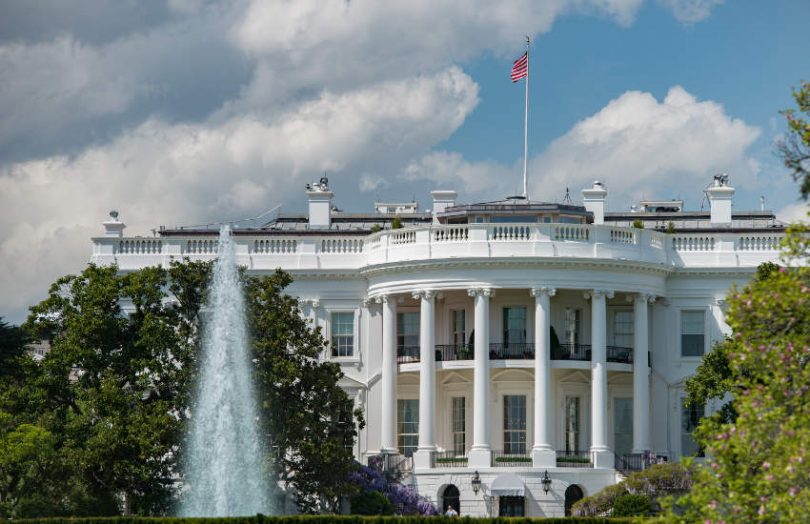President Biden’s veto on Friday of the SAB 121 resolution is negative for banks but may have been judged to have limited political consequences. SAB 121 is the Securities and Exchange Commission’s (SEC) staff accounting bulletin preventing banks from providing digital asset custody services. A resolution to cancel SAB 121 had bipartisan support, with a vote of 228 versus 182 in Congress and 60 to 38 in the Senate.
Prior to issuing SAB 121, the SEC did not consult banking regulators. That’s despite the obvious impact on banks – we highlighted it the next day. The President exercised his veto even though the Government Accountability Office (GAO) said SAB 121 was a rule that should have received Congressional approval. Without the veto, overturning SAB 121 would prevent the SEC from issuing further rules on the topic of digital asset custody, which appears to have been a key driver behind the President’s move.
President Biden said in a White House statement, “By virtue of invoking the Congressional Review Act, this Republican-led resolution would inappropriately constrain the SEC’s ability to set forth appropriate guardrails and address future issues. This reversal of the considered judgment of SEC staff in this way risks undercutting the SEC’s broader authorities regarding accounting practices. My Administration will not support measures that jeopardize the well-being of consumers and investors.”
However, one objection to SAB 121 is precisely that it undermines providing the highest safeguards to consumers for those who invest in cryptocurrencies or crypto ETFs. Banks are the most experienced in providing custody, with several looking after tens of trillions in client assets. SAB 121 makes it prohibitively expensive for banks – and only banks – to provide custody for cryptocurrencies and tokenized securities.
The SEC’s motivation with SAB 121 is to show that providing custody of digital assets is more risky than other asset classes. That’s partly because of cryptocurrencies’ bearer nature. However, banks are expected to have more formalized cybersecurity levels than cryptocurrency exchanges. Plus, the bearer risks do not apply to adequately constituted digital securities, where the issuer should have some control over who holds the assets. Nonetheless, SAB 121 applies to digital securities as well.
SAB 121 – limited political repercussions?
Senator Cynthia Lummis who introduced the resolution to the Senate said after the veto, “The SEC should never use staff accounting bulletins to determine policies – especially for industries it does not regulate.”
She continued, “Instead of listening to the will of the American people and reining in the SEC, President Biden doubled down on his administration’s failed policies at the expense of American consumers.”
In the past few weeks, Democrats gave mixed messages during an election year. Several Democrats supported the resolution to overturn SAB 121, and Congress passed the FIT 21 crypto legislation, with quite a few Democrats supporting it.
Additionally, the SEC did a 180 degree turn on Ethereum, saying Ether is a commodity while giving preliminary approval for listing Ether ETFs.
On the face of it, the SEC gave up something – its position that Ether is a security – in exchange for keeping SAB 121.
Classifying Ether as a commodity might help to avoid losing votes, but SAB 121 is a somewhat obscure issue for the general public and banks are unpopular. Hence, President Biden’s veto might have fewer political consequences.






